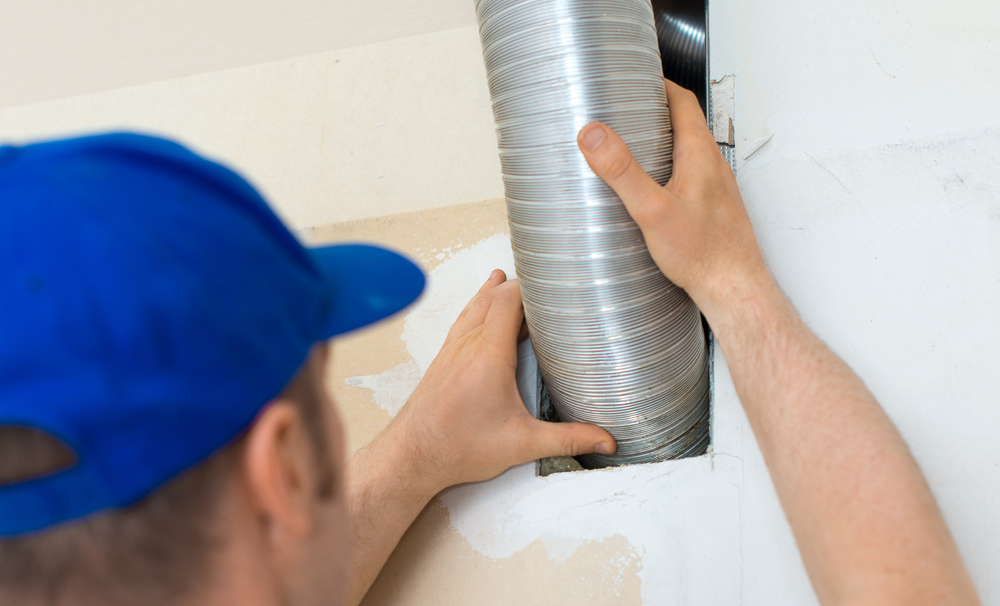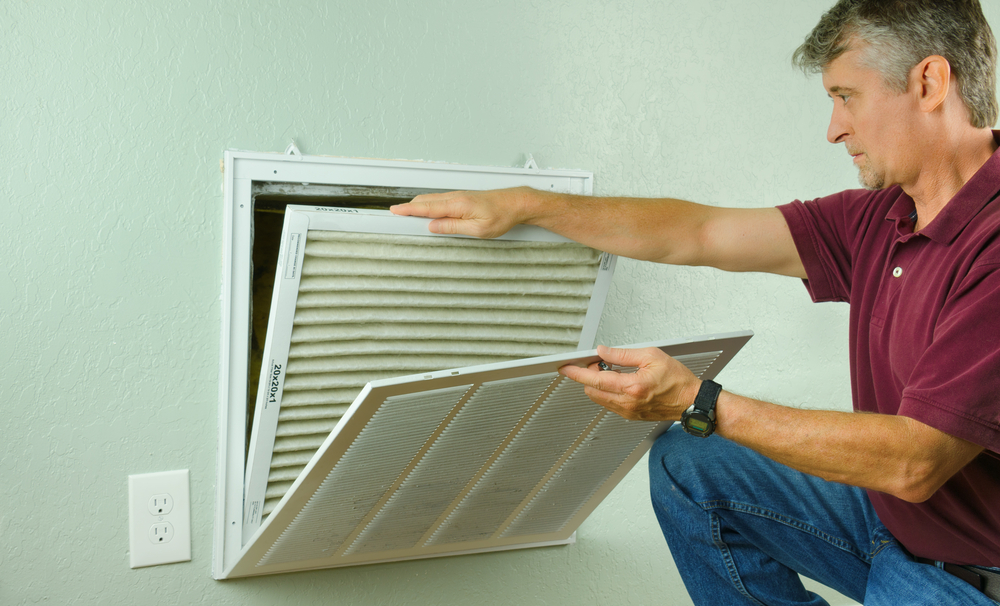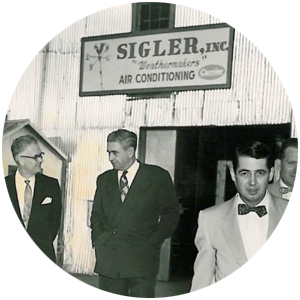
Replacing your HVAC unit is a major expense, and one that most homeowners hope to avoid for as long as possible. With a service contract from Sigler Heat and Air, routine preventative maintenance is performed on schedule, and your heater and air conditioner continue running efficiently for longer.
However, eventually any HVAC system is going to give out. When that day comes, we’ll help you decide on a new system that fits your needs and your budget. Here are a few factors that you’ll want to consider.
Size of your HVAC unit
Like most pieces of equipment, the size directly impacts the price. For example, a small window unit will be significantly cheaper than a large unit meant to heat or cool a two story home. We’ll help you assess what type and size of unit is best for your home, and give you a few options.
How much ductwork is in your home?
For most modern homes, ducts run throughout as part of the HVAC system. These ducts carry air from the central unit to individual vents in each room. So why is it important to consider the ductwork in your home when installing a new heater and air conditioner? Because more ducts means more materials needed to repair and replace them, and more time required for an install. If you have an extensive duct system in your home, you’ll need to budget for that added expense.
What’s the SEER value of the HVAC unit?
SEER stands for Seasonal Energy Efficient Ratio. For HVAC units, that’s simply a measurement of efficiency given to each available air conditioning unit. Regardless of the size and power output of a unit, the higher the efficiency, the higher the upfront cost. However, remember that a unit that runs more efficiently will save you money on your heating bills for the life of the unit. So, it’s a question of how much you’re able to invest now for savings each month down the line. We’ll help you find the best balance.
What’s the layout of your home?
Similar to the ductwork of your home, the layout can contribute to a more difficult HVAC installation. More planning time may be needed, or installation may take longer due to the way your home is put together. If you live in a modern home that looks similar to many of your neighbors, installation may be straightforward. But, if you live in a custom designed home, or an older home, there may be more complications. There’s not much you can do if your home requires a complicated install, but it’s always a good idea to get multiple quotes if you feel installation charges are higher than you’ve planned for.
At Sigler Heat and Air in Tulsa, we’ve worked on just about every model of heating and air conditioning unit, and encountered just about every problem and complication imaginable. We’re the experts you need to ensure your HVAC installation is done right the first time, and you end up with a system that you’re happy with for years to come.
Call us at (918) 834-5737 to schedule one of our experienced technicians to come out for a visit, and be sure to ask about our service contracts that allow you to save 10% on parts and labor.




 Sigler Heat & Air
Sigler Heat & Air